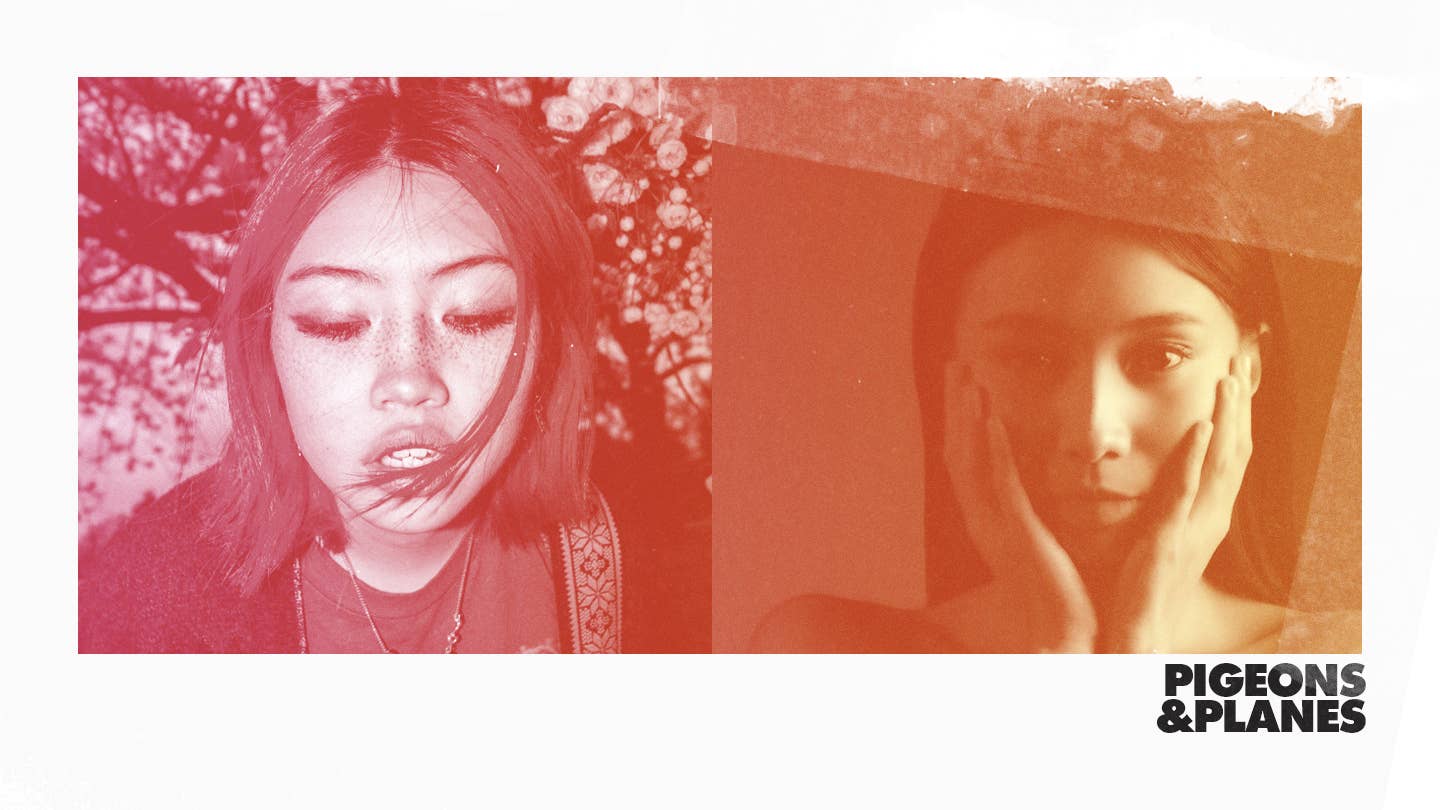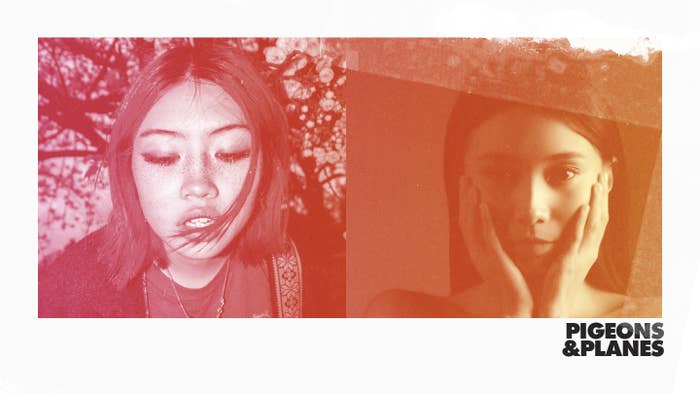
“Growing up,” I begin, “I feel like I never really found Asian musicians that made the kind of music I wanted to listen to...”
“YES,” interjects Bea Kristi, the talented British-Filipina singer-songwriter better known as Beabadoobee. “It was really hard for me to look up to someone that looked like me, you know?”
Bea isn’t alone.
Asia is comprised of 48 countries, houses 60% of the world’s population, and exists as our largest and most diverse continent. But when you look at the historical lack of Asian representation in popular music, that hasn’t been reflected internationally. Today, Asian musicians worldwide are breaking through to the mainstream, no matter their genre or style. From indie rock favorites like Mitski to pop sensations like BLACKPINK, we’re finally at a point in time where Asian musicians—especially Asian women in music—are becoming the role models they’ve searched for their entire lives.
Read on to see what that looks like for these five female Asian artists making big moves right now.
Deb Never
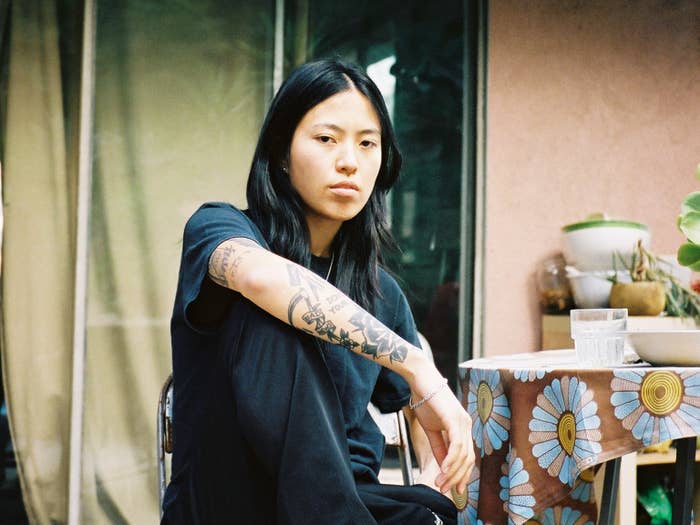
For most of her life, Deb Never hasn’t thought much about her ethnic background—or at least not the ways in which it intersects with her art. The rising Korean-American musician grew up in small towns in the Pacific Northwest, and her grunge-y, lo-fi sound draws from the region’s long-standing legacy. Despite how her music fits in, Deb never felt like she did. She was almost always the only person of color for miles—“Not to be explicit, but it was kind of this white trash culture,” she tells me.
In fact, it wasn’t until her mom sent her to Malaysia at age 15 that Deb started becoming the artist she is now. Her year in Malaysia introduced her to two very important things: cultural diversity and electronic music. It was a big turning point. There, surrounded by other ethnic minorities, Deb realized for the first time just how different she was from those in her hometown, while discovering influences that were integral to shaping her sound.
Today, her work—a mixture of ringing guitar and emotionally charged beats—doesn’t exactly explicate her journey of cultural belonging. But a lot of Deb’s work still reflects her feelings of being an outsider, of never really connecting to her white surroundings or Korean roots. “I never really understood [K-pop], and I had this identity crisis growing up where I didn’t really identify with being Asian because I didn't like what was mainstream for other Asians,” she says. Now though, Deb is beginning to find her own lane as an Asian woman in music. With her EP coming this summer, it's clear that Deb's making the music she wants to hear—and becoming one of the artists she never had to look up to growing up.
Raveena
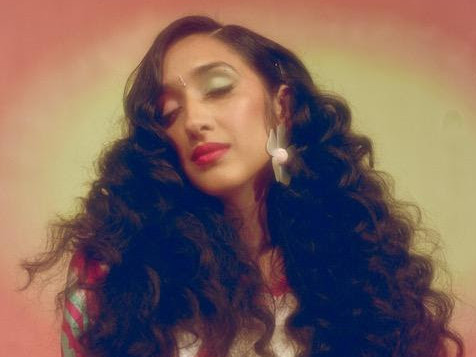
Since the release of her 2017 EP Shanti, Indian-American artist Raveena has gained a dedicated following for her thoughtful, dreamy R&B. Both visually and sonically, like in her recent “Stronger” video, Raveena’s work draws from Indian and American influences. Indian music always brought her family together—her parents often sang in the shower—but Raveena started developing her own taste around age 9 or 10. “I found that R&B and soul had this quality that, when I think back, is very similar to some of the Indian ballads I heard growing up. They’re both after this feeling of pain and joy at the same time,” she shares.
Since, similar themes in these Indian ballads have begun to show up in Raveena’s music—as she often coalesces hardship and peace in her music to create intimate healing spaces with her work. On her debut Lucid, Raveena grapples openly with sexual assault, trauma—intergenerational and otherwise—and even weaves in stories from her mother and grandmother to tell a story of how she practices self-care and spirituality today.
For Raveena, this dialog is incredibly important, especially when it seems for the first time in history, communities of color can finally be vulnerable about their lives on a mainstream scale. She’s incredibly grateful for her platform and the support she’s received: “People definitely told me a couple years ago that I had zero shot at this, literally just because of my race. It was not the same culture. It’s amazing to see how it's grown... I feel very blessed that there are this many people that are down to listen to [my music],” she laughs. “I definitely still feel like [Asian women] could have more space in the industry, but hopefully our time for that will come."
Beabadoobee
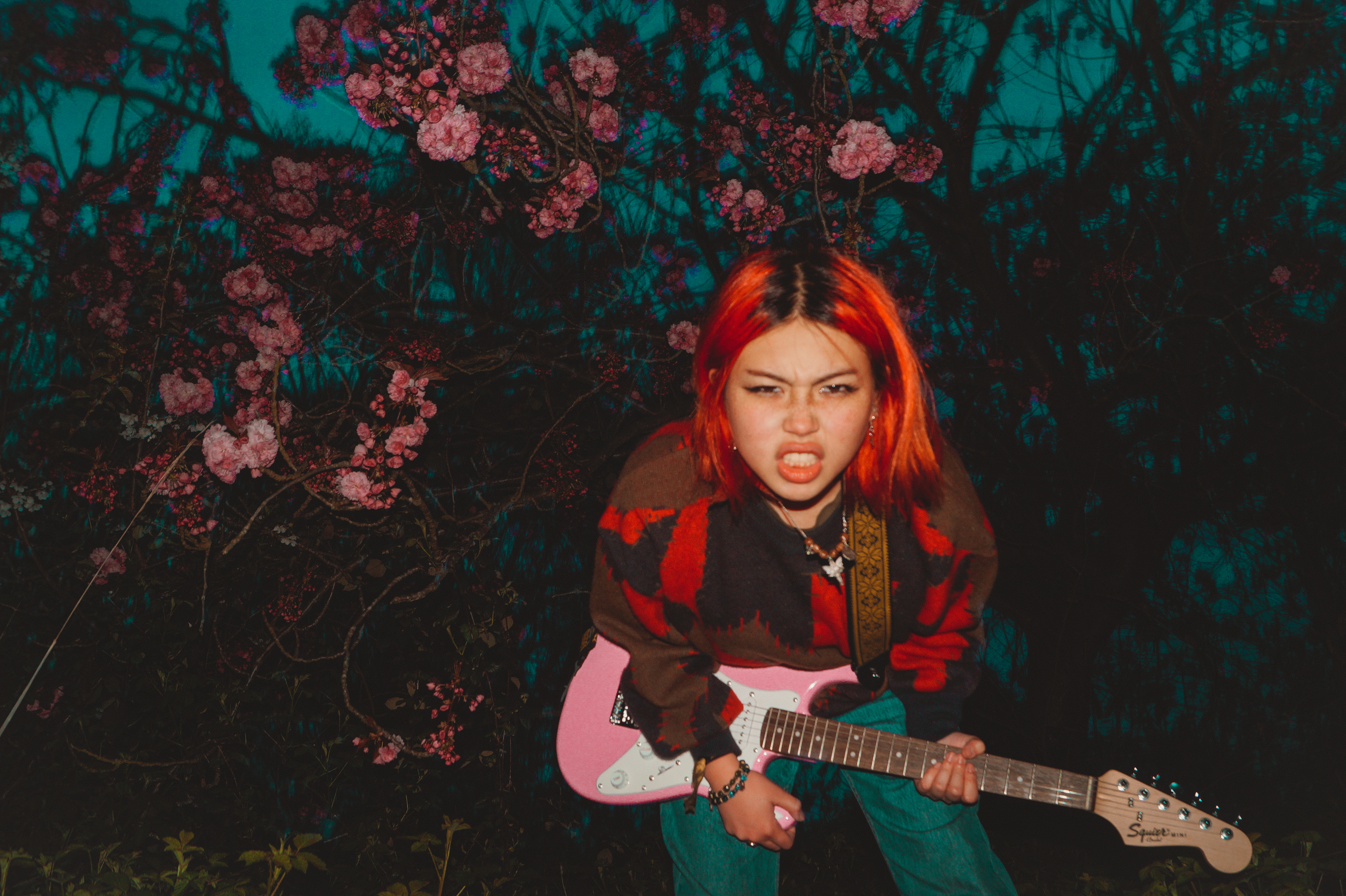
London-based teen Bea Kristi (aka Beabadoobee) has taken the world by storm with her beautiful, intimate love songs. Her latest EP Loveworm, for example, was entirely inspired by a rough patch with her boyfriend Soren. But writing about love is an integral part of Filipino culture—she’s just giving back what she’s absorbed her whole life. “I grew up on love songs. I grew up singing at the karaoke bar, watching my mom sing that one really famous Filipino love song on repeat. It’s just in my nature to talk about love.”
Although she doesn’t draw directly from traditional Filipino influences, Bea’s found that, lately, hints of OPM (Original Pilipino Music) have been showing up in her work. She really never sought out Filipino artists on her own—Bea went the angsty-teen, One Direction to Green Day to Sonic Youth route—but it seems like the subconscious effect of her mom playing Itchyworms still shows.
Today, Bea is living her parents’ Filipino pop star dreams. “That’s what my mum says! She says, when I was a kid I wanted to be you. And I’m like wow, that’s sick,” she laughs. But she didn’t always have the same faith in herself. Feeling out of place at an all-girls, predominantly white Catholic school pressured Bea to wear white foundation and change her style, until she discovered the British band Lush and its Asian lead singer, Miki Berenyi, who first inspired her to dye her hair red. Now though, Bea is more confident: “There are some days where I’m like damn, is this gonna work out? But at the same time, never do you see an Asian with blue hair that does music. So I guess I’ll take that spot before anyone else does!”
Jess Connelly
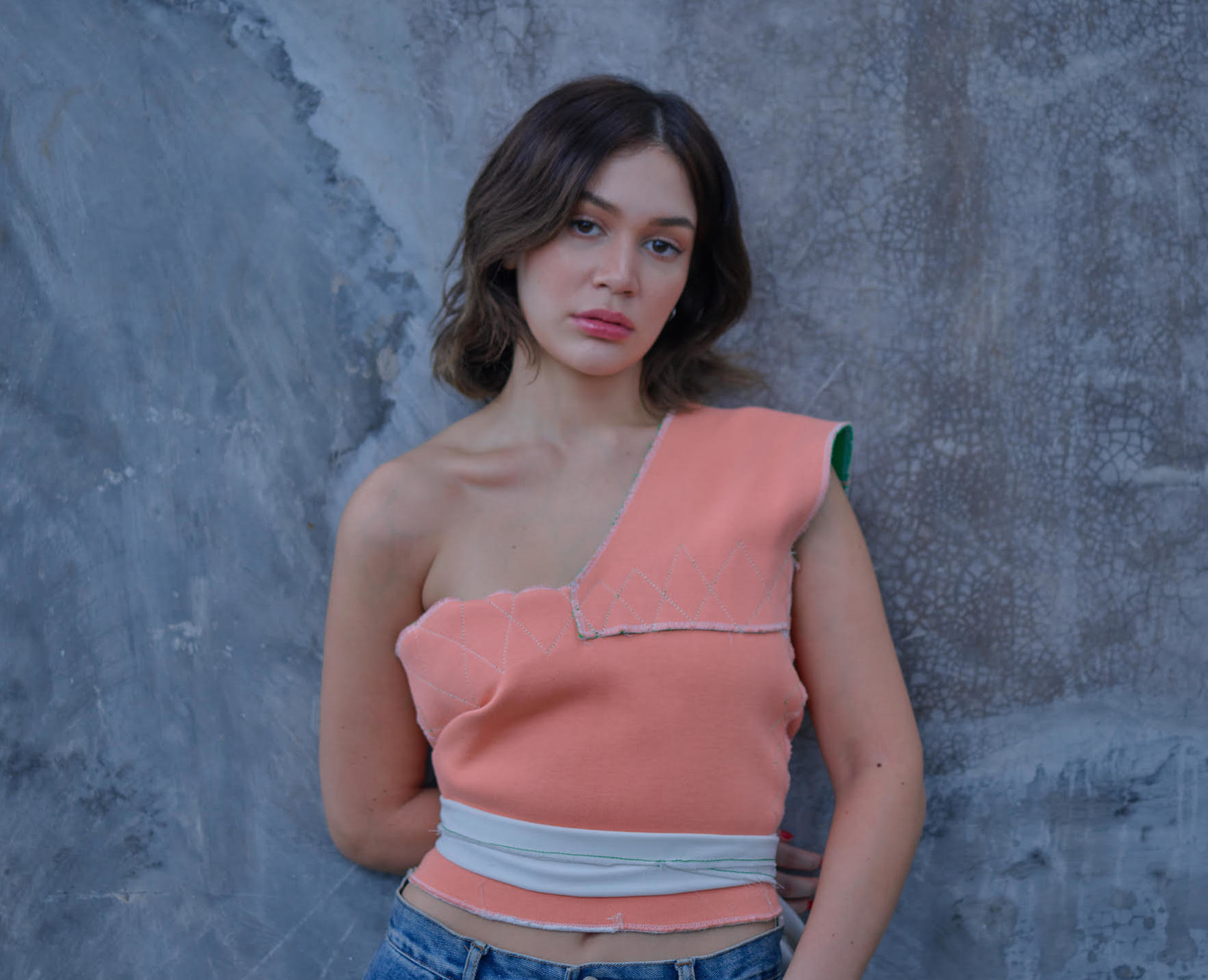
Manila-based R&B artist Jess Connelly knows firsthand the importance of community, and she often credits her move from Australia to Manila for shaping her into the artist she is. Growing up Filipina-Australian, she’s always kept her roots close—singing karaoke, absorbing music like Britney Spears and Biggie, and showing off her entertainer chops at many a Filipino function. It wasn’t until Jess’s parents sent her to Manila after high school that she found the thriving underground creative scene that would define the catchy, electronic style she has today.
“The mainstream entertainment industry wouldn't let me sing, so I met a bunch of producers, DJs, and saw this lane I could create for myself,” Jess says. “Six years ago, it wasn’t normal to put out music as an independent artist. So when the Internet came out, I was like, I’m gonna make my own channel, perform at my friends’ parties, and make it a thing.” Since finding her niche, the Philippines has become home for Jess. She always looks forward to coming back, hitting up her homies, and writing with them the minute she’s off the plane.
Despite wanting to stay in Manila, Jess is acutely aware of the global struggles around Asian representation in entertainment. As someone who’s half white, she knows how colorism in Asian communities can impact how people see and support her. But instead of relying on privileges that come with lighter skin, Jess works constantly to improve her craft so that her music can stand independent of her appearance. Now, Jess is drawing inspiration from artists like Raveena to weave more cultural stories into her work with a simple philosophy: “Embrace what you’re really from. Feeling comfortable in your roots is an easier way to stand out than trying to conform to whatever is going on. It’s a lot more memorable.”
NIKI
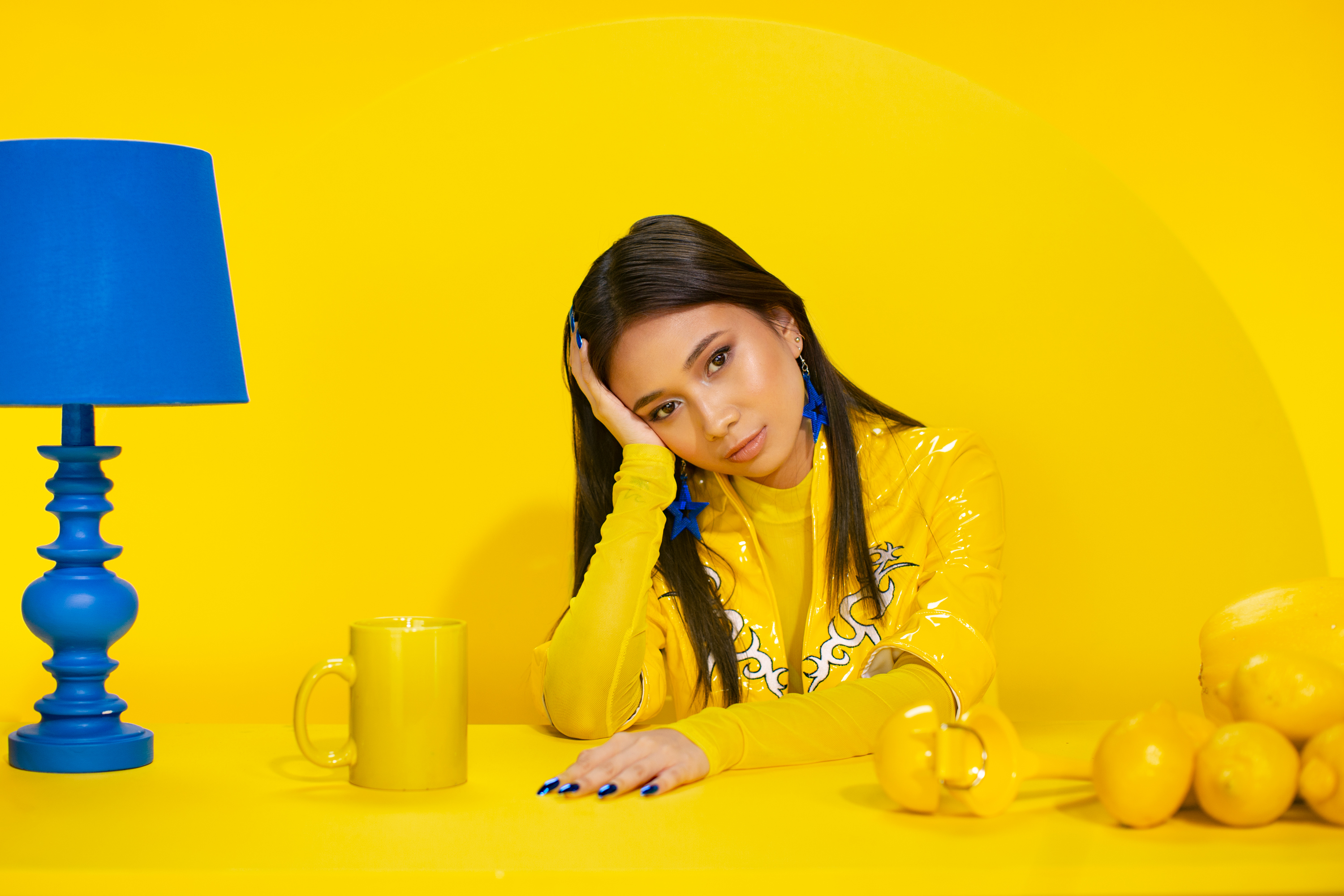
In the last couple years, 88Rising has started to transform the way Asians show up in mainstream hip-hop and R&B. And Indonesian singer-songwriter Nicole Zefanya—better known as NIKI—has taken her place as the collective’s rising R&B breakout star. Her playful melodies and relatable lyrics push her work further into pop territory than traditional R&B, but her catchy style has garnered fans from all across the globe.
Unlike the Philippines, Indonesia isn’t well known for its musical roots, but the Jakarta-born artist grew up around music, learning guitar, piano, and singing at her mom’s church. Her music doesn’t focus much on being Indonesian in and of itself, but it's an innate part of her identity. “Growing up here has completely shaped the way I view the world and think and perceive everything," she explains. "It’s just who I am as a person. And obviously, being Indonesian has shaped who I am—and I’m very Indonesian."
Having gone to an international school for much of her youth, Niki’s been surrounded by American influence her whole life. In fact, she’s often even mistaken for being Asian-American. Being at this cultural intersection caused an “identity crisis,” especially when she never really found mainstream Asian artists to look up to back then. “Honestly that’s kind of my goal. I just wanted to be what I always wish was there when I was growing up. Growing up, I never really found Asian artists that resonated with me in that way because I spoke English and what not. So, I’m trying to be that for myself and for whoever else needs it, you know?”

